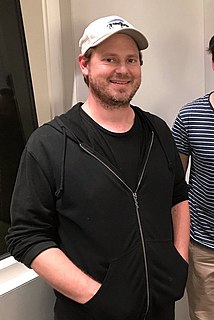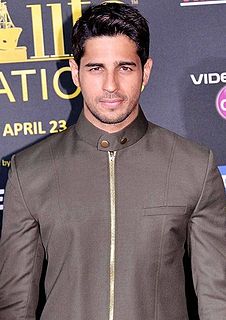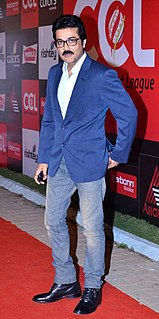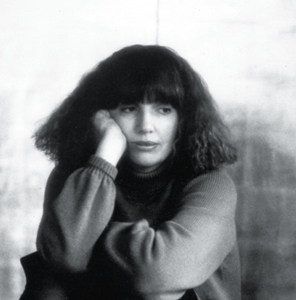A Quote by Nidhhi Agerwal
So many times, when I would do a lot of retakes, I used to say sorry to my director and co-actors.
Related Quotes
I used to work in an office in New York for this terrible company, and we used to have staff meetings, and I would just count how many times the boss would use the phrase "in terms of." And he would say it like 30 or 40 times. And sometimes he would just say it. He'd be like, "Uhh, in terms of, how are we doing with that?" I realized nobody knows what they're talking about. Everyone's bullshitting. Maybe not everybody, but certainly a lot of people.
Sorry, I said to myself, wondering how many times in my marriage I'd said that, how many times I'd meant it, how many times Claire had actually believed it, and, most important, how many times the utterance had any impact whatsoever on our dispute. What a lovely chart one could draw of this word Sorry.
I learned a lot from Clint [Eastwood], who's an extremely economic director. I learned a lot from Michael Winterbottom, who really gave a lot of trust in the actors and allowed them to live in the space instead of trying to manipulate and make it too set and too staged. Working with [Robert] De Niro taught me a lot of being an actors' director and what that is. I've learned a lot from pretty much everybody. Hopefully I've picked up something from everybody I've worked with.
There are directors, and I think this is true of all directors, it would be true if I was a director - If the actor didn't want to do what I was suggesting, I would let him do it his way, and then I would say to him, "Just give me one where you do what the director wants", and that, of course, is the take that's used.
I just think there are a lot of celebrities who don't feel that they have a voice. A lot of actors come from a place of fear, and that's just a general statement about actors. You're terrified the casting director won't like you, you're terrified the producer won't like you, you're terrified the director won't like you, and on and on.
I think that for a lot of actors - especially American actors - to get line readings and to be told and have your director literally act out the part for you is sort of discouraging in a way. It's a very Eastern European thing to do - a lot of directors that I worked with in Russia did that as well. And, I never took that as an insult, as many actors tend to do. To me, I think it's just offering a certain energy - offering their flavor - and, instead of trying to sort of decode and communicate it to you, they just show you their flavor of what it should be.
One of the things I noticed about the Trump supporters was a lot of projected fear. I can't tell you how many times a conversation went like this: "We've got to stop these immigrants, because it's terrible." I'd say, "Okay, what personally have you observed about this?" And there would be basically nothing in that box. And I'd say, "Where'd you get your information?" thinking they were going to say Fox. But they would always say, "Well, I get my information from all kinds of sources." Fox is kind of center-left to a lot of people now.
Actors, I think, are all the same. Both Korean actors and American actors are all very sensitive people, and they are all curious to know what the director thinks of them and how they are evaluated, and they try to satisfy the director. And they like it if you listen carefully to their opinions and accept them.



































